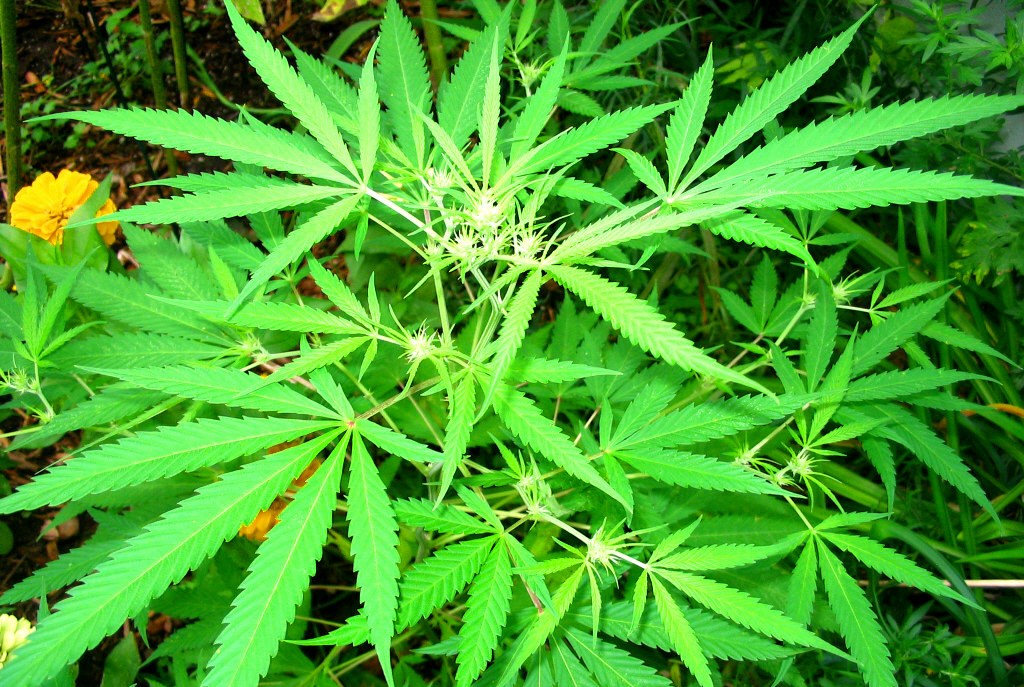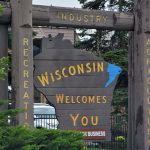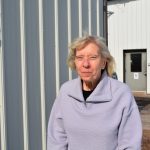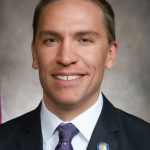Hemp Could Make Money for County
New report says Mitchell Park greenhouses could grow valuable hemp clones.
A new report shows that Milwaukee County Supervisor Sylvia Ortiz-Velez’s plan to start a hemp production facility at Mitchell Park could generate significant revenue for Milwaukee County.
More than a year ago, Ortiz-Velez sponsored a resolution asking the parks department to study the feasibility of Milwaukee County using its resources to grow and produce hemp. In April, the Parks Department produced a report that recommended the county not pursue a hemp operation at Mitchell Park. The report was roundly disputed by Ortiz-Velez and others for the revenue projections and data used to compile the report. A major point was that the projected revenue per acre was grossly undervalued relative to where the market for hemp is today, as a new report notes.
The new report, produced by R. B. Mack Consulting, Inc. and Tyler Dowd, a postdoctoral researcher at the Donald Danforth Plant Science Center and Carola Dowd, a plant scientist and MBA, found that producing hemp clones in a Mitchell Park greenhouse could generate $1.7 million in gross sales annually.
The report also notes that Milwaukee County owns 880 acres of farmland. And the Mitchell Park hemp clones could be used to cultivate hemp biomass — seeds, stalks, flowers — on this land. The current market rate for hemp biomass cultivation is $67,200 an acre.
Ortiz-Velez has drafted legislation that would direct the parks department to issue a request for proposals from a private entity that would lease a greenhouse at Mitchell Park in order to produce hemp clones. So Milwaukee County would simply operate the facility. The actual production would be done by a private contractor. It is similar to the business model the Parks Department uses with its beer gardens.
Ortiz-Velez believes the revenue generated from this could help pay for the future redevelopment of the Mitchell Park Domes, or for capital projects throughout the parks system. To her the project is a no brainer. The parks system has a massive backlog of capital projects, “but we don’t have the money” to pay for them, she notes.
Hemp clones are incredibly valuable to the hemp industry. Hemp farmers in Wisconsin and around the country buy them in bulk at the beginning of each growing season. But, they often have to buy from out of state and in huge quantities. This is a major risk for farmers when the clones come to them dead, diseased or filled with pests. Farmers can lose thousands of dollars on a load of hemp clones.
Ortiz-Velez’s idea is for a certified hemp clone production facility that can provide Wisconsin farmers with disease-free certified clones. “We’ll have more productive farmers,” she notes, “when they’re not losing half their crop.”
Brian Kuhn, Director of the Bureau of Plant Industry in the State’s Department of Agriculture, Trade and Consumer Protection, said a number of states have been affected by crops infected with pests and disease. Clean, certified clones grown in Milwaukee County could mitigate a lot of risk for hemp farmers in the state.
Ortiz-Velez’s resolution goes before the Parks Energy and Environment Committee later this month. She already has four co-sponsors for her bill: Supervisors Marcelia Nicholson, Steven Shea, Patti Logsdon and Felesia Martin.
Her plan nearly died in committee after the initial report. This time around, she already has three members of the parks committee as cosponsors. “I have a really good feeling,” she says.
If you think stories like this are important, become a member of Urban Milwaukee and help support real independent journalism. Plus you get some cool added benefits, all detailed here.
MKE County
-
Fellow Judge Testifies in Dugan Case
 Dec 16th, 2025 by Graham Kilmer
Dec 16th, 2025 by Graham Kilmer
-
Key Questions in Dugan Trial Take Shape on First Day
 Dec 15th, 2025 by Graham Kilmer
Dec 15th, 2025 by Graham Kilmer
-
FTA Tells Milwaukee to Crack Down on Fare Evasion — Even Where Fares Don’t Exist
 Dec 12th, 2025 by Graham Kilmer
Dec 12th, 2025 by Graham Kilmer






















